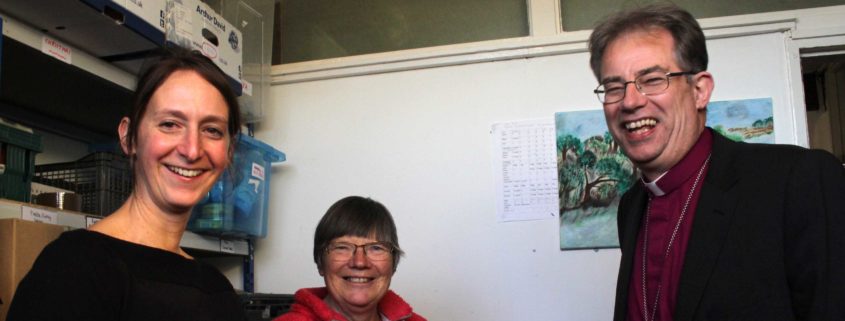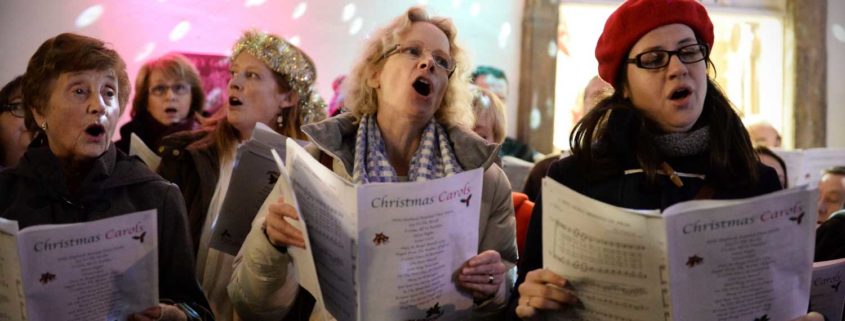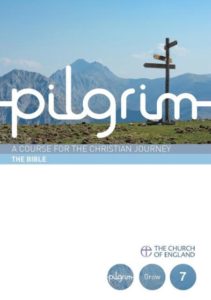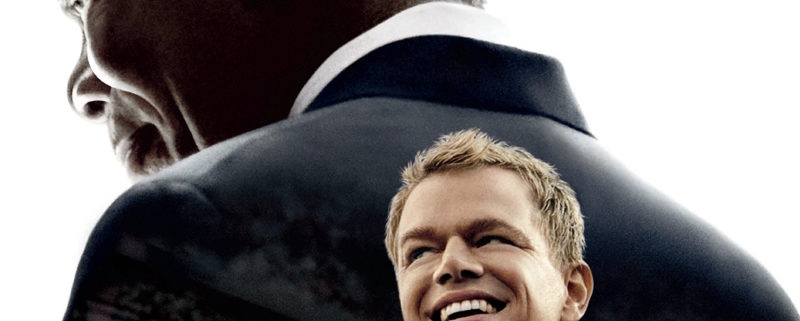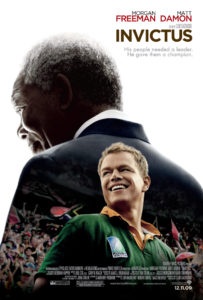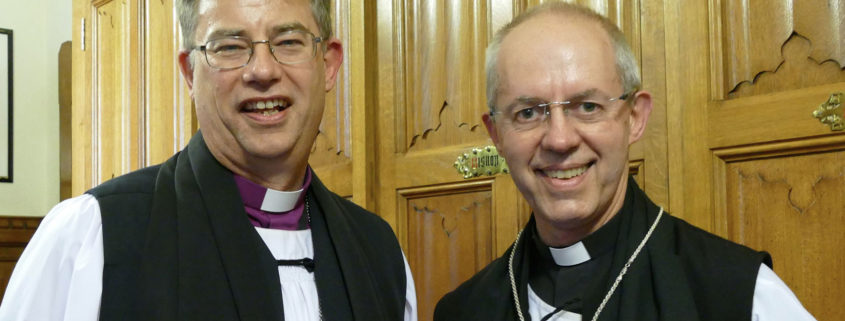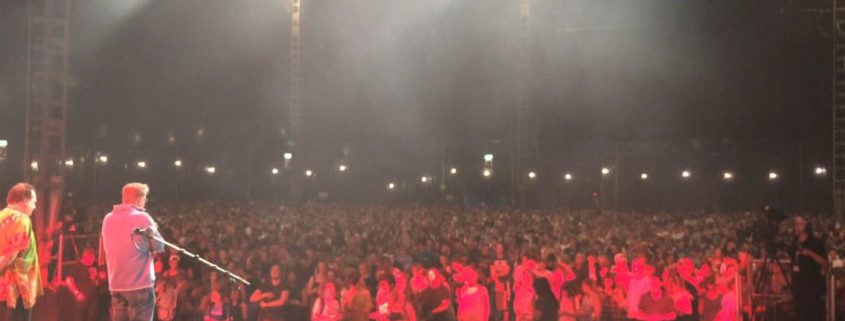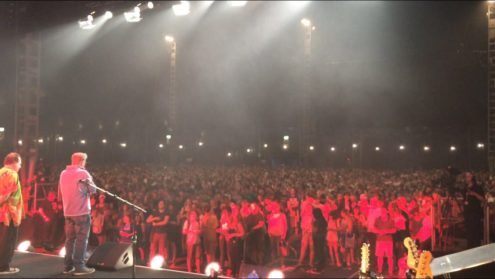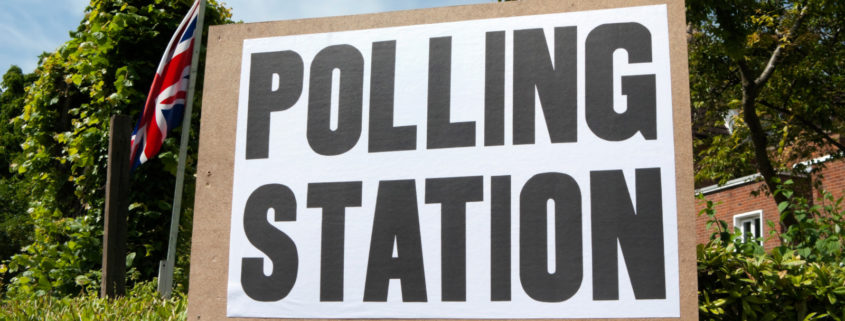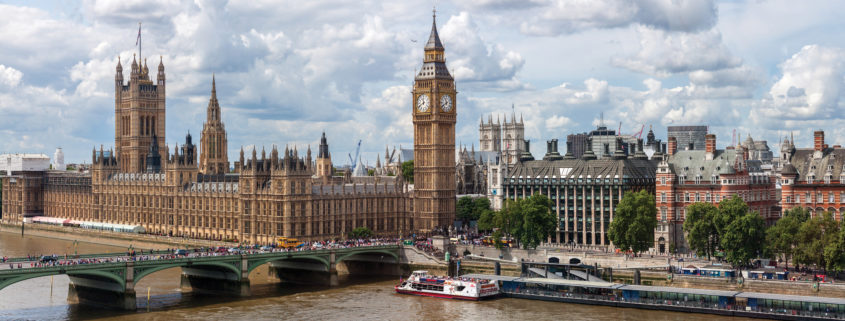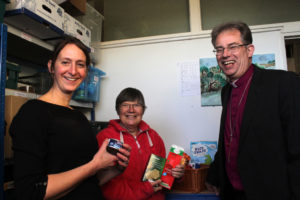 I began a new part of my journey across the Diocese of Oxford last week. In October there were four Welcome Eucharists, one in each Archdeaconry. In November, I’ve travelled across the city of Oxford, visiting incumbents in the Cowley and Oxford deaneries (my own episcopal area).
I began a new part of my journey across the Diocese of Oxford last week. In October there were four Welcome Eucharists, one in each Archdeaconry. In November, I’ve travelled across the city of Oxford, visiting incumbents in the Cowley and Oxford deaneries (my own episcopal area).
In December I begin a much bigger journey: a day in every deanery of the Diocese to explore some of what God is doing in Church and community. Abingdon was first on the list on a cold and clear November day.
I found the Church in the Deanery in very good heart. We began at noon with a Eucharist for the clergy in St Helen’s Church in the centre of Abingdon. I spoke on hope and the river of life from Ezekiel 47. Lunch with the clergy followed. We talked together of the challenges and joys of mission and church life.
By 2 pm we were at the Abingdon Food Bank. The food bank opens twice a week and gives out 18-20 food parcels for the most deserving. It’s run by volunteers and a wide range of churches support with gifts of food and toiletries. Like most foodbanks, the clients come only for a short time when they are most in need but the need itself is ever present.
On then to Peachcroft Christian Centre, an ecumenical church plant on newish estates to the North of Abingdon which has grown steadily since its foundation. The Church is gearing up to cook Christmas lunch for fifty or so people on Christmas Day who otherwise would be on their own. Fifty volunteers from the church family are prepared to give up part of their own Christmas Day to help and support as cooks and drivers.
Kingston Bagpuize next: an ancient church; an expanding village; a group of Christians wanting to share their faith. They told me about their first Mission Action Plan and how helpful they had found the process. The Church is looking forward to a Festival and to faith sharing in the spring with a team from Wycllffe Hall. The big issue in the village, as elsewhere across the Deanery is the influx of new homes and how the church will engage with all those who move in. So far, every new person has received a home visit and a welcome pack.
Then onto Fyfield to meet members of two smaller communities in an ancient and beautiful church with no running water. They make excellent cake in Fyfield. I heard about the church’s plans for a building project; about the nativity play; about longing to do more to engage with children in the villages.
To Marcham Vicarage for a short break with Richard Zair, the outgoing Area Dean and then an evening meal with an invited group of lay people from across the Deanery: a local mayor, a senior charity worker; a headteacher; a youth leader; a street pastor; the lay chair of the deanery; a university lecturer – all people of influence in the community. We talked of the challenge of new housing; of communication; of cuts in services; of the positive contribution the Church is making.
Finally back to Christ Church, Abingdon for an evening meeting. Great refreshments (once again). People from across the deanery. A short time of worship. I spoke and then an open question and answer time. We ranged widely over church and society.
I came away very well fed and also inspired and encouraged by the people I met and the rich conversations through the day. I’d seen just a snapshot of life in the deanery: I could have returned the next day and the one after that and still be learning new things. The clergy and the lay people I spoke with were, indeed, full of hope, looking outwards, grappling with serious questions but not defeated by them.
Thanks be to God for the Church of Jesus Christ across Abingdon. The journey continues next week in Newport.

